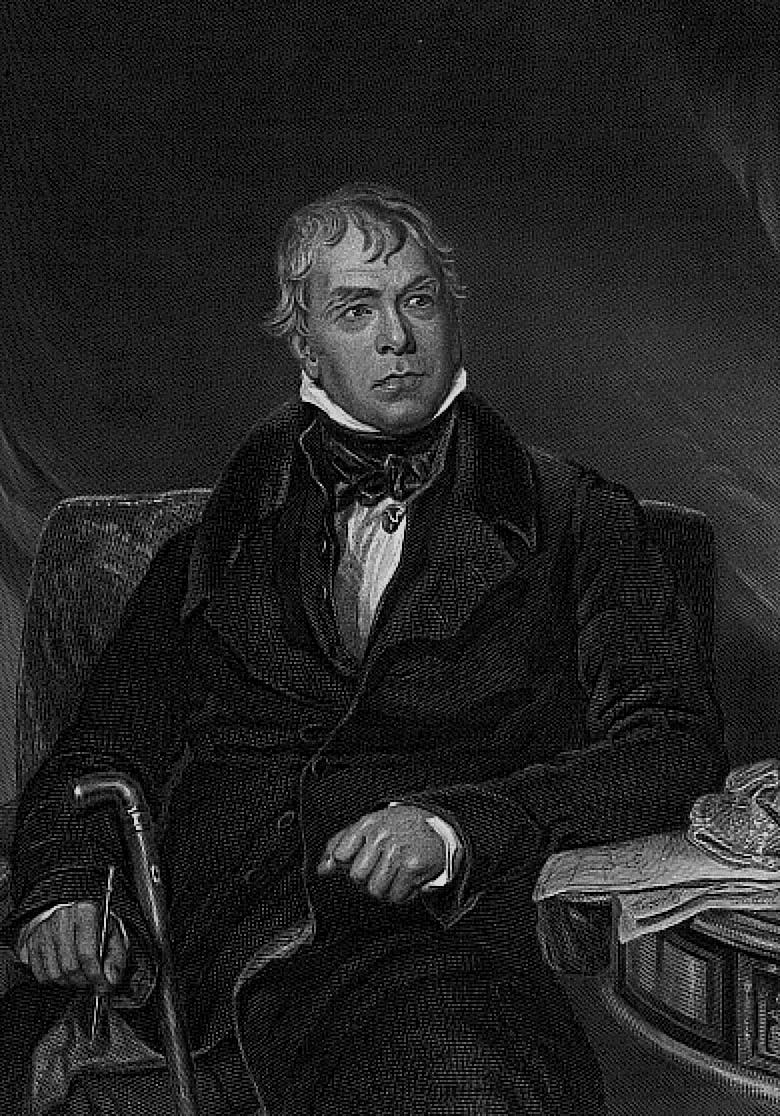
The public library has always been a boon to the impecunious reader. The utility that permits me to download e-books from my library is a particular blessing (not least in these days when Pestilence stalks the land). My library’s system is a little cumbersome, but less cumbersome than driving to the physical building, so I’ve got no gripe coming.
My main problem with my library’s e-book collection is selection. Mostly I read mysteries for light reading, and when I pull up “mystery” on the library site I always get the very same list of books. I don’t know if they’re arranged by popularity or date of acquisition, or some other criterion. But I have to page through screens and screens of listings before I find one that a) interests me, and b) isn’t being read by somebody else.
Last week I tried a new approach. Instead of looking for mysteries, I thought, why don’t I try one of those “important” books I’ve always heard I should read, but have never gotten around to? I’ll bet nobody’s waiting in line for those.
So, on a whim, I searched for Russell Kirk. Several books were available, and I selected The Conservative Mind.
Brilliant. Masterfully written. Illuminating.
And long. Dear, sweet jasmine tea, it’s a long book. I started it last week, and I’m not half way through yet. I complained a while back about the length of Walter Scott’s The Pirate, but that was an Amazon review compared to this.
The nice part is that my book-buying expenses have plummeted for the duration.
So… of what shall I blog until I finish this thing?
I think I shall discuss the reading as I go.
The first thing that struck me as potential blogging material was Mr. Kirk’s assessment of Sir Walter Scott, mentioned above.
In the Waverly novels, Scott makes the conservatism of Burke a living and a tender thing—in Edie Ochiltree, showing how the benefits and dignity of hierarchical society extend even to the beggar; in Balfour of Burley, illustrating the destructive spirit of reforming fanaticism; in Montrose among the clans, “the unbought grace of life”; in Monkbarns or the Baron of Bradwardine, the hamely goodness of the old-fashioned laird…. Delighting in variety like all the Romantics, repelled by the coarsening pleasure-and-pain principle of conduct, Scott clearly saw in Utilitarianism a system which would efface nationality, individuality, and all the beauty of the past. Utilitarianism was the surly apology for a hideous and rapacious industrialism.
(More after jump)





